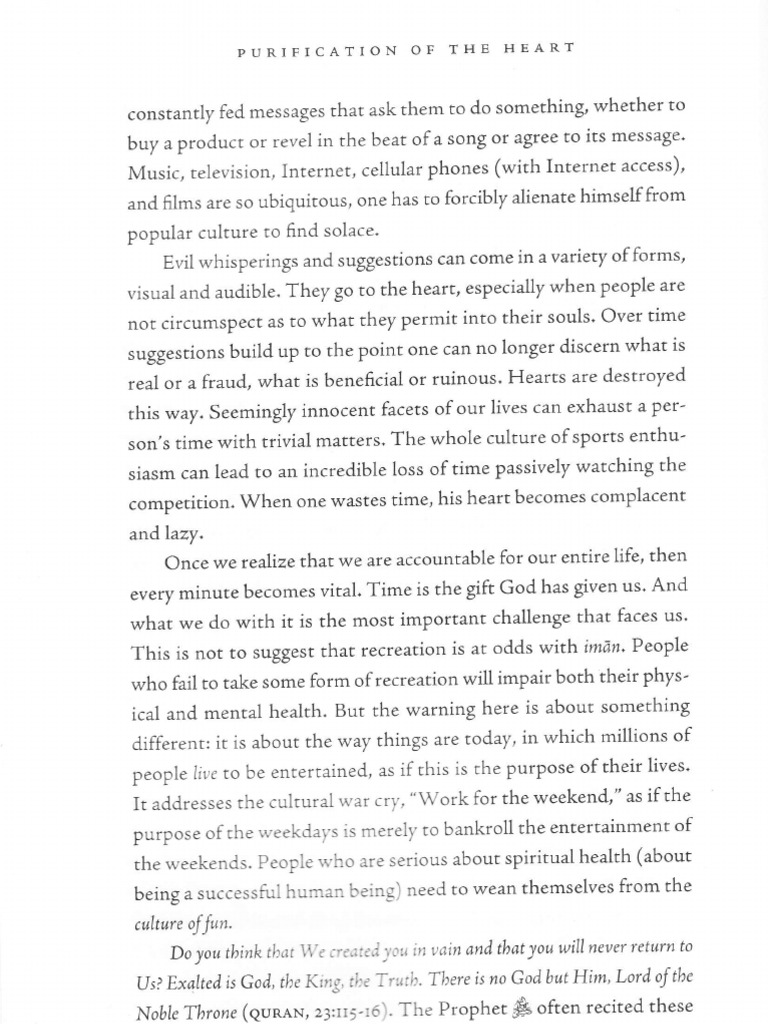The essence of Bahá’í teachings revolves around the central tenets of spirituality, morality, and the pursuit of truth. Among the most fundamental aspects of these teachings are the concepts of the purification of the heart and the fervent search for truth. These principles are intricately intertwined, guiding individuals in their personal development and spiritual journey. This article delves into the multifaceted dimensions of these teachings, exploring the transformative power they hold and the diverse content readers can expect from this exploration.
The Purification of the Heart
The notion of the purification of the heart is paramount in Bahá’í thought. It is recognized as an essential prerequisite for genuine spiritual transformation and the attainment of divine virtues. At its core, this purification involves the cleansing of both the heart and the mind, liberating oneself from worldly distractions and negative attributes that stifle spiritual growth. This endeavor necessitates introspection and self-awareness, enabling individuals to identify and relinquish attributes such as pride, envy, and hatred that tarnish the soul.
In the Bahá’í framework, the heart symbolizes the seat of one’s emotions and will. The teachings encourage adherents to cultivate qualities such as compassion, kindness, and humility—attributes that foster a connection with the divine and with fellow beings. A heart that has undergone purification is receptive to divine guidance and is capable of embracing truth and wisdom.
The Process of Purification
Purification is achieved through a series of deliberate actions and reflections. Prayer and meditation form the cornerstone of this process. These spiritual practices allow individuals to communicate with the divine, seeking assistance in their journey of self-purification. Through supplication, believers cultivate a sincere longing for purity and enlightenment.
Moreover, the study of sacred texts plays a crucial role in the purification process. Engaging with the writings of the Central Figures of the Bahá’í Faith not only provides profound insights into spiritual truths but also serves as a source of inspiration for personal development. This immersion in divine literature nurtures the intellect, encourages critical thinking, and illuminates the path toward spiritual elevation.
Accompanying contemplation, acts of service and selflessness significantly enhance the purification of the heart. Engaging with the community and aiding those in need resonates with the Bahá’í commitment to social transformation. Such acts foster a sense of unity and reinforce the moral fabric of society. Consequently, individuals not only purify their own hearts but also contribute to the betterment of the world around them.
The Search for Truth
The pursuit of truth is a defining characteristic of the Bahá’í Faith. Truth is regarded as a fundamental reality that underpins the universe and guides human understanding. The search for truth is not merely an intellectual endeavor; it encompasses the pursuit of moral and spiritual truths that facilitate the growth of the individual. Bahá’ís believe that the quest for truth requires sincerity, open-mindedness, and a commitment to justice.
Central to this pursuit is the idea that truth is not monolithic. The teachings emphasize that truth can be perceived from diverse perspectives, urging individuals to approach the facts of life with humility and a readiness to learn from others. This pluralistic view encourages dialogue and fosters harmony among different cultures and religions, emphasizing the interconnectedness of humanity.
The Interrelationship of Purification and Truth
The themes of purification and truth are inextricably linked within the Bahá’í framework. One cannot truly embark on the quest for truth without first engaging in the purification of the heart. A purged heart facilitates the reception of authentic truth, free from biases and preconceived notions. Conversely, the ongoing search for truth acts as a catalyst for deeper purification, compelling individuals to continuously examine their beliefs and actions in light of newly discovered insights.
This reciprocal dynamic fosters an environment conducive to spiritual growth. As individuals purify their hearts, their capacity to discern truth expands, and as they seek truth, their hearts become further purified. This cyclical process establishes a profound foundation for moral and ethical living, reinforcing the notion that personal and collective advancement is contingent upon these spiritual principles.
The Implications for Society
The teachings on the purification of the heart and the search for truth have far-reaching implications for society. When individuals dedicate themselves to these principles, they contribute to the cultivation of a just and equitable world. A society populated by individuals who have committed to personal transformation through heart purification is likely to reflect values of justice, equity, and compassion.
Furthermore, the promotion of truth-seeking behavior fosters an environment of transparency and accountability. As members of society engage in the pursuit of truth, they are encouraged to challenge misconceptions and advocate for moral integrity. This not only enriches personal character but also enhances social cohesion by nurturing trust and understanding among diverse groups.
Conclusion
The Bahá’í teachings on the purification of the heart and the pursuit of truth offer profound guidance for personal and communal development. By engaging in the process of self-examination and embracing the search for truth, individuals can achieve spiritual enlightenment and contribute to a harmonious world. As these principles are woven into the fabric of everyday life, they hold the potential to transform individual lives and the collective destiny of humanity, ultimately leading to the realization of a just and peaceful society.
